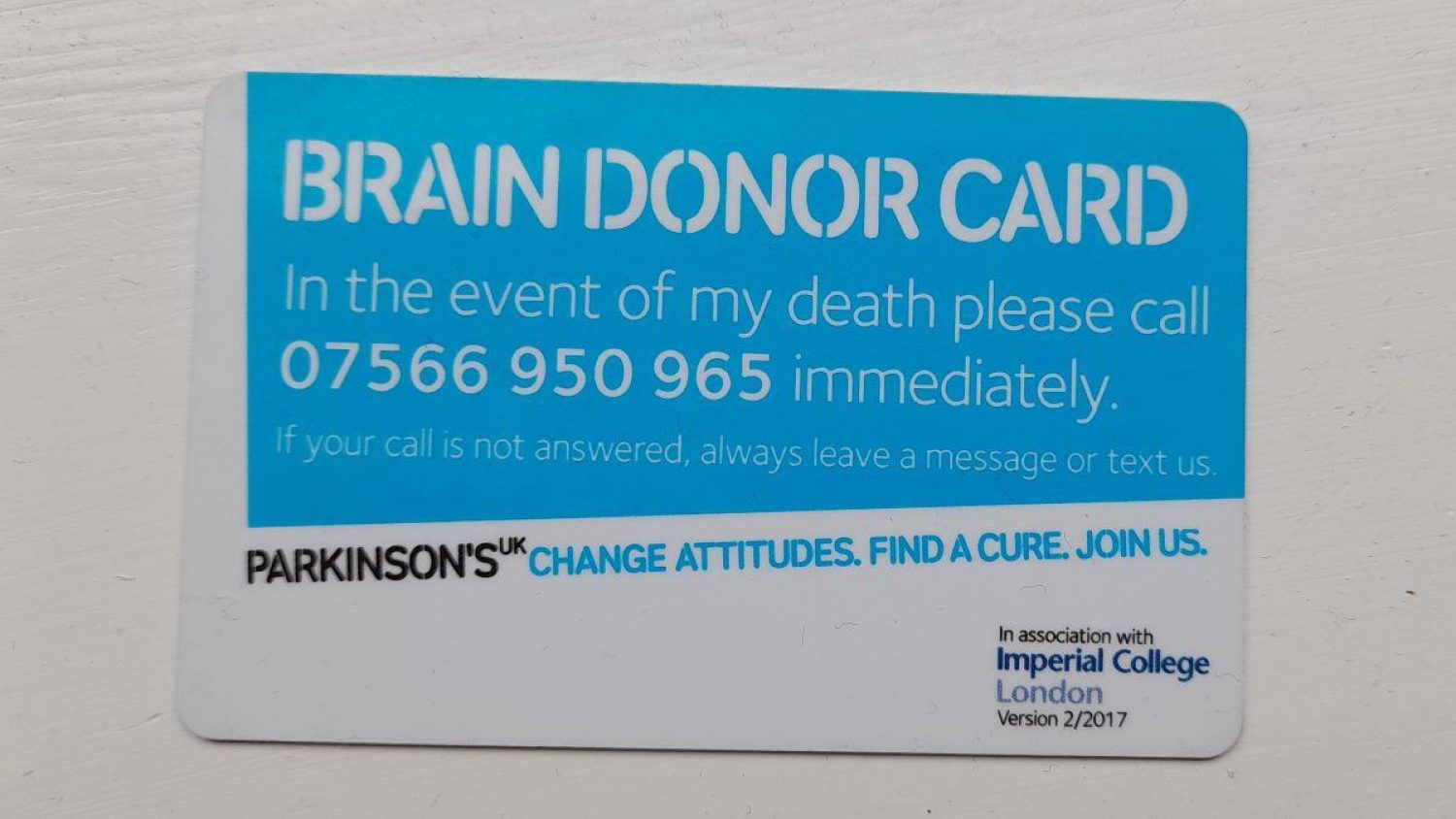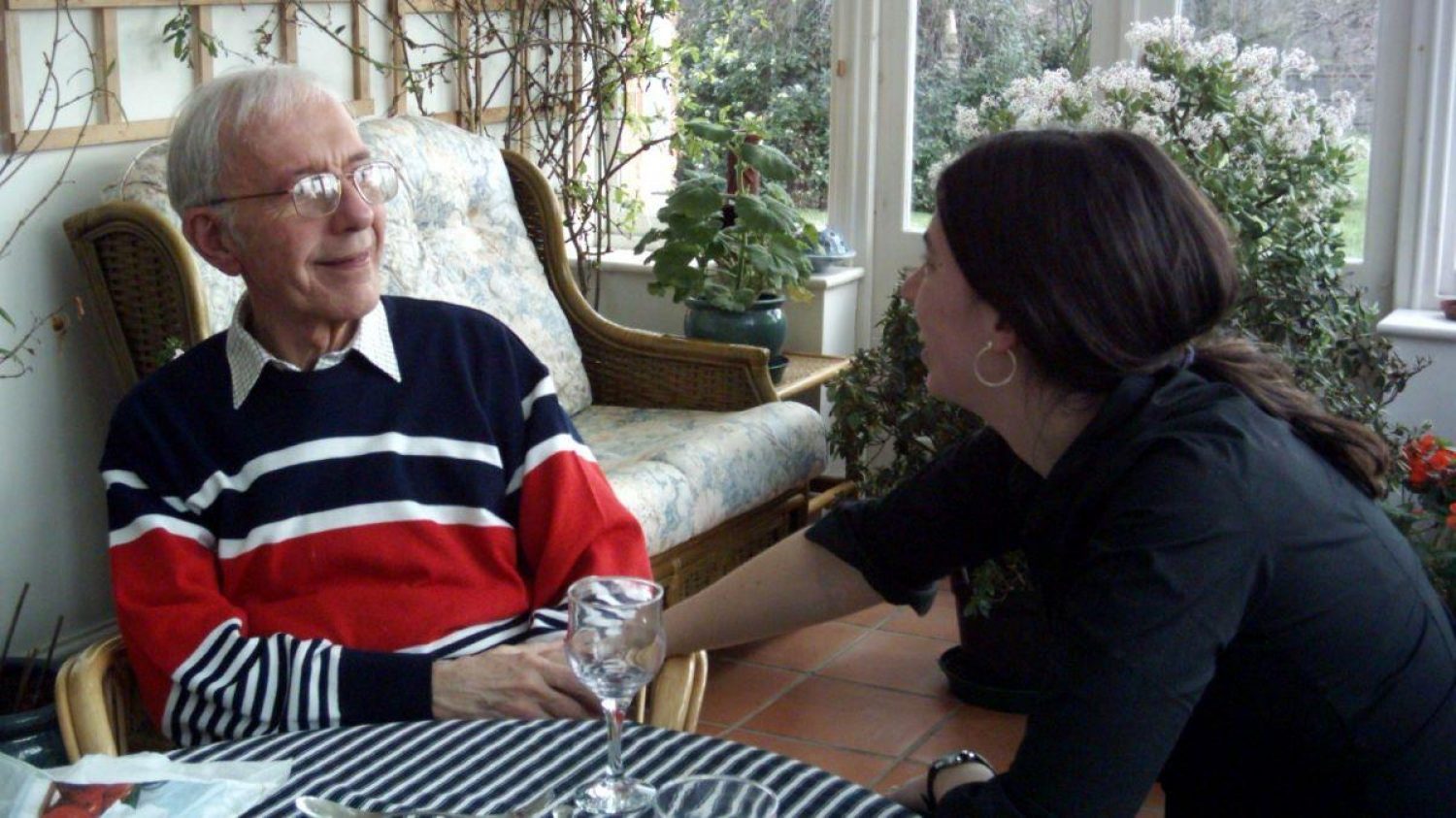Four minute read
Poppy’s content editor Sarah explains why she has pledged to be a future brain donor with Parkinson’s UK Brain Bank.
Until my dad was diagnosed with Parkinson’s, I was only vaguely aware of the condition. Before then, if you’d questioned me, I might have muttered something about the disease making your hands shake or mentioned 'Back to the Future' star Michael J Fox.
What is Parkinson’s Disease?
Before then, I didn’t know about the range of symptoms. The most common are slowness of movement and stiffness. But you can also experience nerve pain, unstable balance, anxiety, insomnia, dementia and even the loss of your sense of smell. That’s not even the whole list! The charity Parkinson’s UK has identified 40 different possible symptoms.
Not everyone with Parkinson’s experiences all of these symptoms, or experiences them in the same way. But, nevertheless, the full list makes for pretty depressing reading.
How many people in the UK have Parkinson’s Disease?
Before then, I didn’t know how many people in the UK had Parkinson’s. Actually, it’s around 145,000 people, with someone new being told they have Parkinson’s every two hours. Parkinson’s is the fastest growing neurodegenerative condition in the world.
Back then, I didn’t know what was being done to tackle Parkinson’s. What research was happening into its causes? What new treatments were being developed?
But I did know that things were changing at home.
How Parkinson’s affected my family
There are three things you need to understand about my dad.
First, he was a strider, not a dawdler. He was always several steps ahead of the rest of us on any family walk, whether through the Peak District hills or down the road to the local shop. But when he started slowing down, and was sometimes unable even to get started, we just put it down to getting older.
Secondly, he was fiercely intelligent. He loved languages — the history of the English language; the French he spoke fluently and taught to university students for most of his life; the Italian he learnt for fun in retirement. When he started struggling for words, we worried, but tried not to think about it too much.
And finally, he was a hypochondriac. There was always something wrong with him, some ache or pain. He usually saw a glass half empty, rather than half full, especially when it came to his health. So, it took longer than it should have done to work out that, this time, something was really wrong.

